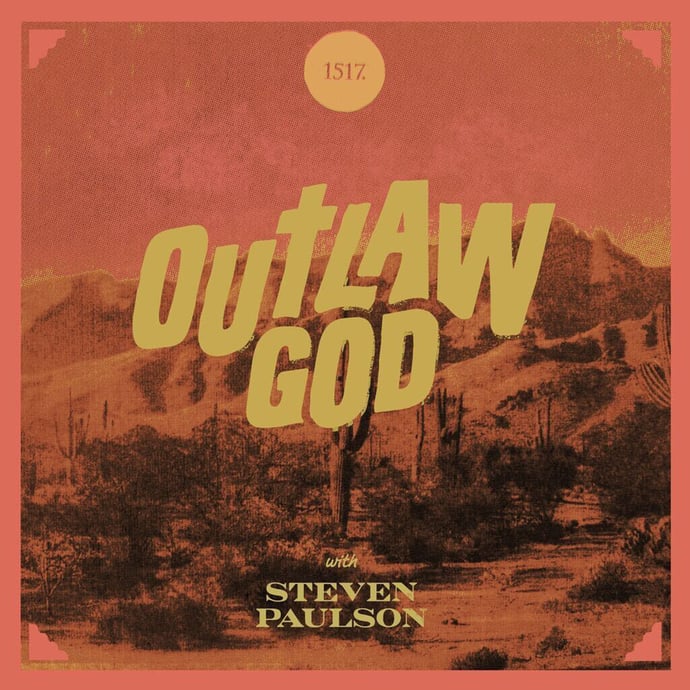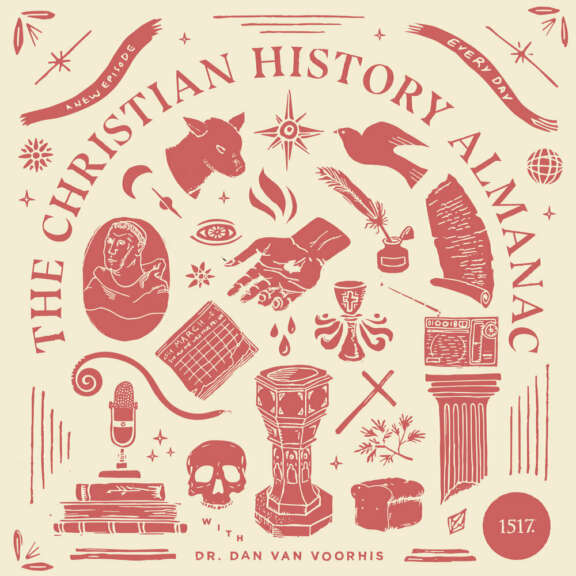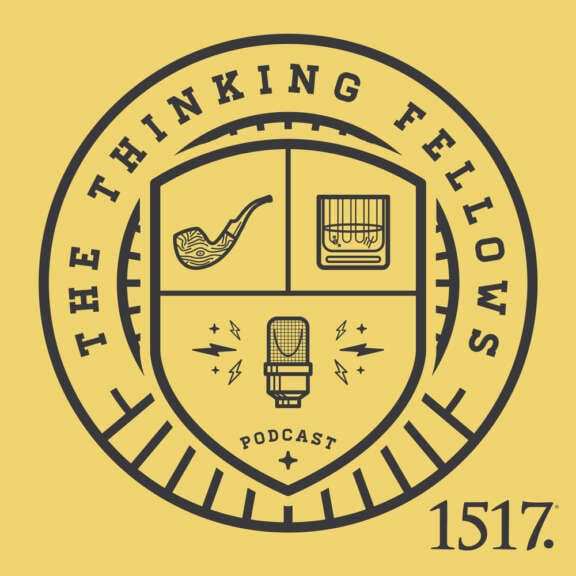Dr. Paulson discusses Plato's analogy of the Cave. He emphasizes how Erasmus used this analogy to confuse God's words of law and gospel.
Podcasts
Each 1517 Podcast is dedicated to delivering Christ-centered content through weekly, monthly, and seasonal audio platforms. Listen online or on your favorite podcasting app.
Author
- All Authors
- Aaron Zimmerman
- Adam Francisco
- Amy Mantravadi
- Blake Flattley
- Bob Hiller
- Bradley Gray
- Brian W. Thomas
- Bror Erickson
- Bruce Hillman
- Caleb Keith
- Chad Bird
- Chris Rosebrough
- Christopher Gillespie
- Cindy Koch
- Craig Donofrio
- Dan van Voorhis
- Daniel Deen
- Daniel Emery Price
- Darrin Sheek
- David Andersen
- David Rufner
- David Zahl
- Debi Winrich
- Delwyn Campbell
- Donavon Riley
- Doug Klembara
- Edward Killian
- Elyse Fitzpatrick
- Erick Sorensen
- Flame
- Grant Klembara
- Gretchen Ronnevik
- Haroldo Camacho
- Jacob Smith
- Jared C. Wilson
- Jeff Mallinson
- Jeffrey Pulse
- Jessica Thompson
- Jim Nestingen
- Joel Fitzpatrick
- Joel Hess
- John Andrew Schreiner
- John Bombaro
- John T. Pless
- John W. Hoyum
- John Warwick Montgomery
- Katie Koplin
- Kelsi Klembara
- Ken Sundet Jones
- Luke Kjolhaug
- Magnus Persson
- Mark Mattes
- Matt Popovits
- Michael Berg
- Michael Horton
- Nick Lannon
- Paul Koch
- Peter Nafzger
- Philip Bartelt
- Raleigh Sadler
- RJ Grunewald
- Robert Kolb
- Rod Rosenbladt
- Ron Hodel
- Sam Leanza Ortiz
- Sarah Condon
- Sarah Crowder
- Scott Davis
- Scott Keith
- Steven Paulson
- Tanner Olson
- Troy Neujahr
- Uwe Siemon-Netto
- Wade Johnston
- William Cwirla
-
It's inevitable, that feeling like God has turned His face away from us.
-
Kick Out the Jams. In this episode, we focus on the raw, real work of life in the parish—the ordinary burdens, the hidden insecurities, and the quiet faith that holds it all together. We explore the distinction between philosophy and theology and why attempts to fuse them often leave both diminished. There’s talk of reformation—its drama, its necessity, and its cost. We reflect on the pervasive victim-perpetrator dynamic that shapes so much of modern life and how the gospel when rightly preached, breaks that cycle. At the heart of it all is this: the power of Christ’s mercy to open what we’ve shut tight, to drive out the bitterness we’ve made into habit, and to speak a word stronger than shame.
-
In this episode, Scott Keith and Daniel Emery Price explore the biblical account of Sodom and Gomorrah in Genesis 19:1-22.
-
Today on the Christian History Almanac, we wish a happy birthday to the “Godfather of Gospel Music."
-
As we move towards the end of the Song of Songs, once again we are confronted with the depths and riches of God's perfect love for us.
-
Hey, Hey, What Can I Do? In this episode, we read Lucas Woodford’s book, Great Commission, Great Confusion, or Great Confession? and discuss the Great Commission, evangelism, the radical gospel, the purpose of the church’s preaching about Jesus, post-modern consumerism, and many, many rabbit trails into uncharted topics.
-
Craig and Troy invite special guest Pastor Mark J. Renner to discuss his recent book Curious Cases: A Series of Short Pastoral Case Studies.
-
"Better than I deserve" is a statement rich with meaning for those of us who have heard the good news and believed on the Lord Jesus Christ.
-
First It Giveth. In this episode, we discuss Jonah’s vocation, gospel imagination, dogmatic materialism, spell casting, the contemporary effects of the Industrial Revolution, and God’s preference for wasted places while reading Eugene Peterson's Under the Unpredictable Plant: An Exploration in Vocational Holiness.
-
In this episode of the Thinking Fellows podcast, Caleb Keith, Adam Francisco, Bruce Hillman, and Scott Keith discuss the relevance of the gospel in contemporary society.
-
That we are the "bride of Christ", this thought can get us confused and uneasy, as in "why would He want to have anything to do with me?"






